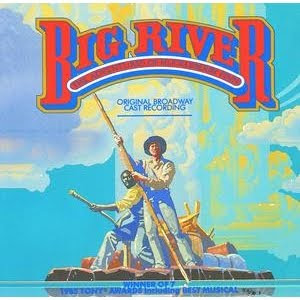-Asking students to create fake profile/avatar for the character in class assigned book. Imagine a facebook for Huckleberry Finn, with his own personal quote from the book and personal info based on the novel. Grading would be based on how much the student used the book for evidence and inspiration.

-Having some type of reward in the classroom that is connected to media- video game for those that finish early, etc. I'm not sure what this would look like yet....
-Maybe allowing students to bring in their favorite YouTube clip. This could be assigned monthly with one student per day. I would have certain guidelines, no R rated etc., and would ask the kids to email them to me ahead of time. Students without access to computers could come after school or use the last 5 minutes of class time to browse mine. This would be a fun exercise to look forward to, and we could just have open discussion time regarding the clip. The question is if these are clips related to anything specific we are doing in class- or just random which we could still analyze. I am trying to figure out how to use media to analyze media.
-An assignment where the students design/write about their own video game based off the novel, short story, poem we are covering in class. Perhaps a 5 act 5 level Othello, with battle scenes and mind games with Iago? I prefer the old platform model, think Donkey Kong, but students would be free to choose the style and resolution quality etc. I wonder if this would work for the girls in the class too? A problem is if the students should gain agency in the game and wield power and influence over the characters. Would sweet Desdemona change her fate, or should the students keep it classic?

